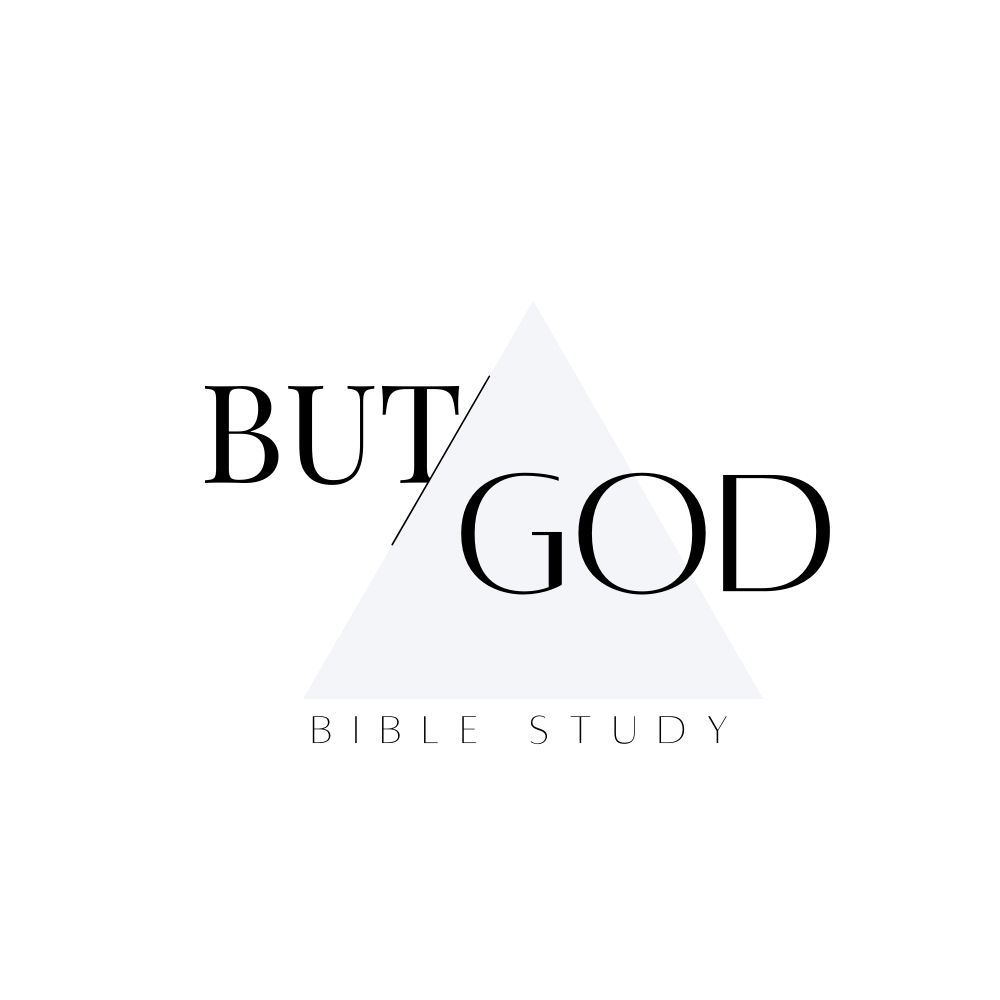I have a hard time being still. I crave the time, but distractions abound. The towels need washed. The table needs wiped down. Evidence of yesterday’s dinner is still under the kids’ chairs.
Last Friday, I was forced to be still for 30 minutes because my oldest wanted to be picked up in the pick-up line. Because I didn’t want to be the 50th car, I arrived early with both snacks and Voskamp’s One Thousand Gifts on my passenger seat. The opening lines arrested my attention, and by the time my child was walking toward the line of cars, looking for the familiar white sedan, I was two chapters deep with tissues pulled on the floor.
The book was a gift during my pregnancy with Alex, but it was not something I was ready to read. Even if my fingers had flipped through the pages, my heart wouldn’t have been ready to receive the message. Granted, I’ve only read two chapters, but the message I’ve gleaned thus far (below) has already been impactful, and it is rooted in the Gospel of Luke.
“And he took the bread, gave thanks and broke it, and gave it to them…” Luke 22:19
In the Greek, “gave thanks,” is eucharisteo. The root word is charis; do you see it in the middle? Charis means “grace.” Jesus saw the bread and the cup as gifts – each a gift of grace from the Father – and gave thanks.
In addition to charis (grace), Eucharisteo also contains the Greek derivative, chara, the word for “joy”.
Voskamp helps the reader uncover a beautiful connection: finding deep chara – holy joy – and grasping the gift of grace is only found at the table of the euCHARISteo, the table of thanksgiving.
Joy is not found in some vacation or vocation or situation. No, no. The wonder of joy can be found here and now, whether that’s a time of jubilee, a mundane Monday, or in the midst of numbing pain.
Thanksgiving is not just necessary for joy. It is also inextricably linked to both salvation and living a saved life. In Luke 17:17-19, we read about the sole leper who returned to Jesus to say, “thank you.” It was only then that Jesus said, “…your faith has made you well.” “Well” is from the Greek word, sozo, and it means salvation, true wellness, complete wholeness. The leper received sozo when he returned and gave thanks.
Eucharisteo is essential to living a saved life. May we take everything – the good and the messy – and return to Jesus, fall at his feet, and be reminded of the things we have to thank Him for. It is then when we have the chance to view any soul holes caused by sin or this sin-soaked world as windows to see Him.
